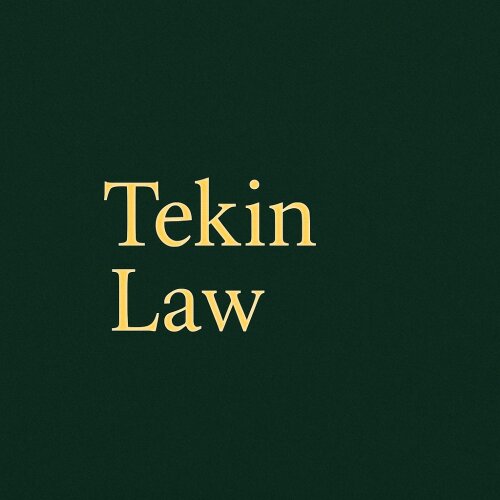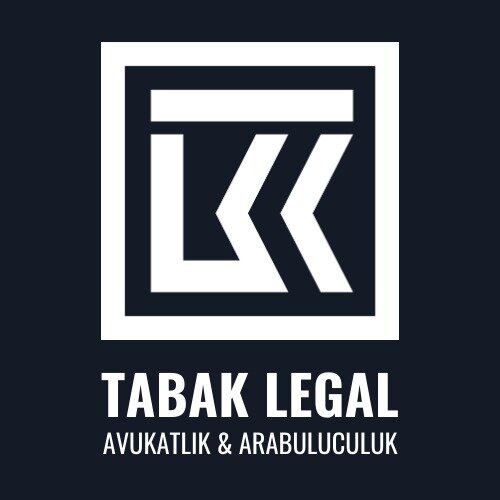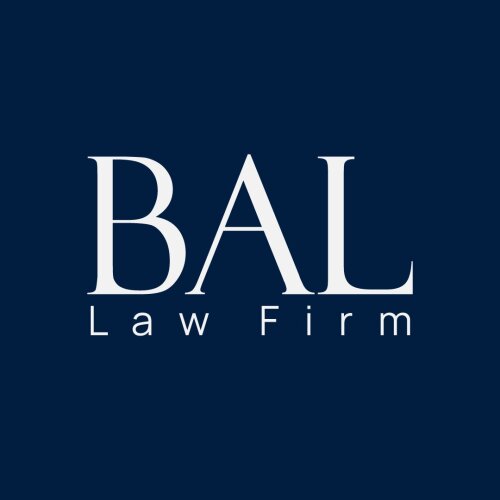Best Structured Finance Lawyers in Istanbul
Share your needs with us, get contacted by law firms.
Free. Takes 2 min.
List of the best lawyers in Istanbul, Turkey
Legal guides written by Tekin Law Firm:
- Arbitration in Turkey
About Structured Finance Law in Istanbul, Turkey
Structured finance refers to complex financial transactions that are designed to meet unique financing needs and often involve deploying a variety of financial instruments beyond conventional loans. In Istanbul, Turkey, structured finance is a vital component of the city’s status as a financial hub, supporting sectors such as real estate, energy, infrastructure, and banking. Turkish law provides a framework for structured finance transactions, including securitizations, syndicated loans, derivatives, and project finance, with regulations shaped by both domestic legislation and international standards. Lawyers specializing in structured finance help individuals and organizations navigate these sophisticated legal and regulatory environments.
Why You May Need a Lawyer
Engaging in structured finance transactions in Istanbul involves a level of complexity and risk that generally requires expert legal guidance. People and organizations may seek a lawyer for structured finance in circumstances such as:
- Structuring and negotiating syndicated loans or project finance deals
- Drafting and reviewing complex financial agreements
- Ensuring compliance with Turkish law and cross-border regulations
- Participating in securitization of assets or receivables
- Managing risk using derivatives and hedging instruments
- Dealing with regulatory filings with the Capital Markets Board (CMB) or other authorities
- Resolving disputes arising from structured finance transactions
- Advising on tax implications of financial structures
Legal professionals ensure that the transaction terms are fair, protect your interests, and are enforceable under the relevant legal system.
Local Laws Overview
Structured finance in Istanbul is subject to a wide array of Turkish laws and regulatory requirements. Key legal frameworks include the Turkish Commercial Code, the Capital Markets Law, the Banking Law, and related regulations enforced by the Banking Regulation and Supervision Agency (BRSA) as well as the Capital Markets Board (CMB). Specific transactions may also invoke tax laws, foreign exchange regimes, and compliance with anti-money laundering statutes.
In addition, Istanbul’s position as a bridge between Europe and Asia makes international and cross-border elements significant in many structured finance cases. Standard documentation often conforms to international best practices, such as those set by ISDA (International Swaps and Derivatives Association), though these must be adapted to comply with Turkish mandatory provisions. Local legal counsel is essential for interpreting and applying these standards in accordance with Turkish law.
Frequently Asked Questions
What types of transactions are common in structured finance in Istanbul?
Common transactions include securitizations, syndicated loans, project finance, derivatives trading, and asset-backed financing, with applications in infrastructure, real estate, and energy sectors.
What authorities regulate structured finance transactions in Istanbul?
The Capital Markets Board (CMB) and the Banking Regulation and Supervision Agency (BRSA) are the main regulatory bodies overseeing structured finance activities in Turkey.
Is foreign participation allowed in Turkish structured finance transactions?
Yes, foreign investors can participate. However, they must comply with Turkish law regarding foreign investment, capital controls, and reporting obligations.
How are securitizations regulated in Turkey?
Securitizations are governed under the Capital Markets Law and related secondary legislation. These transactions must be registered with the CMB and meet specific disclosure and structural requirements.
What is the role of due diligence in structured finance deals?
Due diligence is vital for identifying legal, commercial, and regulatory risks. Turkish law mandates thorough investigation, especially when structuring deals involving multiple parties or jurisdictions.
Are there specific tax considerations for structured finance transactions?
Yes, Turkish tax law affects the structure and profitability of transactions. Legal advice ensures optimal structuring and compliance with withholding tax, VAT, stamp duty, and corporate tax requirements.
Can disputes in structured finance be resolved through arbitration in Turkey?
Yes, unless prohibited by law, structured finance contracts can include arbitration clauses specifying resolution through local or international arbitration venues, such as the Istanbul Arbitration Center.
How does Turkish law treat derivatives and hedging instruments?
Derivatives and hedging are regulated under the Capital Markets Law. Parties must comply with registration, reporting, and documentation obligations to ensure contract enforceability.
What protections exist for investors in Turkish structured finance?
Investor protection is ensured through disclosure requirements, supervision by regulatory authorities, and adherence to best practices in structuring and documentation.
How can I find a qualified structured finance lawyer in Istanbul?
Qualified lawyers can be found through the Istanbul Bar Association, recommendations from financial institutions, or by consulting law firms specializing in finance and capital markets law.
Additional Resources
Various governmental bodies and organizations offer information and guidance regarding structured finance in Istanbul:
- Capital Markets Board of Turkey (CMB)
- Banking Regulation and Supervision Agency (BRSA)
- Istanbul Financial Center (IFC)
- Istanbul Arbitration Center (ISTAC)
- Istanbul Bar Association
- Turkish Ministry of Treasury and Finance
These resources can provide regulatory updates, market data, and lists of qualified professionals experienced in structured finance.
Next Steps
If you require legal assistance in structured finance, consider the following actions:
- Clearly define your goals and the type of transaction or issue for which you need legal support
- Gather all relevant documentation and information relating to your transaction or dispute
- Contact a lawyer or law firm in Istanbul specializing in finance, banking, or capital markets law
- Schedule a consultation to discuss your case and potential strategies
- Verify the lawyer’s experience in structured finance transactions and their familiarity with both domestic and cross-border issues
Taking these steps ensures you are well-prepared and positioned for successful structuring, negotiation, and completion of complex financial transactions in Istanbul, Turkey.
Lawzana helps you find the best lawyers and law firms in Istanbul through a curated and pre-screened list of qualified legal professionals. Our platform offers rankings and detailed profiles of attorneys and law firms, allowing you to compare based on practice areas, including Structured Finance, experience, and client feedback.
Each profile includes a description of the firm's areas of practice, client reviews, team members and partners, year of establishment, spoken languages, office locations, contact information, social media presence, and any published articles or resources. Most firms on our platform speak English and are experienced in both local and international legal matters.
Get a quote from top-rated law firms in Istanbul, Turkey — quickly, securely, and without unnecessary hassle.
Disclaimer:
The information provided on this page is for general informational purposes only and does not constitute legal advice. While we strive to ensure the accuracy and relevance of the content, legal information may change over time, and interpretations of the law can vary. You should always consult with a qualified legal professional for advice specific to your situation.
We disclaim all liability for actions taken or not taken based on the content of this page. If you believe any information is incorrect or outdated, please contact us, and we will review and update it where appropriate.

















